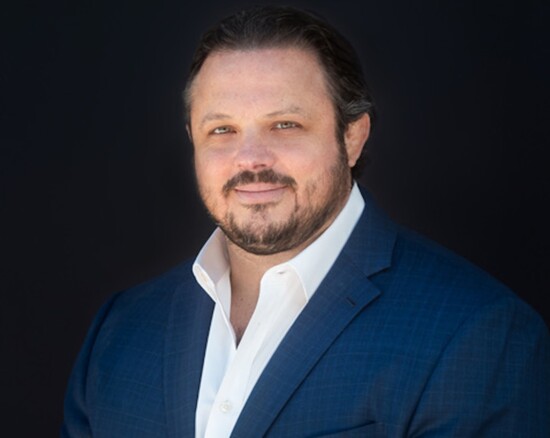The necessity of complete financial planning is dismissed by some and put off by many. However, without a plan, how can anyone hope to achieve their maximum financial potential? Having a plan allows you to operate from a position of being proactive vs. reactive. As popular podcaster Cornelius Fichtner once said, “Planning without action is futile, action without planning is fatal.”
Effective financial planning involves a holistic approach focusing on the coordination and integration of various financial elements. This includes considerations in areas such as estate, insurance, investment, and tax planning; even maximizing your employer benefits is essential. Building a collaborative relationship with a financial advisor who acts as a supportive teammate can enhance the effectiveness of the planning process and overall goal achievement.
Each of us has a unique personal economy and a unique relationship with money. This alone necessitates a tailored approach to financial planning. Categorizing individuals based solely on risk tolerance does not constitute a comprehensive financial plan. Moreso, you should coordinate your various advisors such as CPAs, attorneys, insurance agents, and money managers in order to optimize that personal economy.
Business owners, for example, who are planning a business exit, whether through a third-party sale, family transition plan, or sale to a current employee, must maximize the potential outcome for both the owner and their families. Anticipating and preparing for these scenarios can secure a significantly more favorable outcome.
For individuals and families, traditional financial planning often focuses on accumulating a certain amount of wealth as the goal. This ignores other important variables and risks such as sequence of returns, inflation, legislative, tax, and technology. How important is lifestyle in post-retirement, estate, and legacy planning? All are equally as important to incorporate into a holistic plan; ignoring them can make achieving your maximum financial potential more challenging in the long run.
George Papanicolaou is a Partner at Opus Private Client, LLC and a Financial Representative of The Guardian Life Insurance Company of America. George is a decorated veteran of the United States Army, with foreign and domestic service.
opus-pc.com | gpapa@opus-pc.com
“By addressing personal and professional topics within a comprehensive financial plan, individuals navigate financial challenges with greater ease for an enjoyable journey towards financial well-being.” - George Papanicolaou

